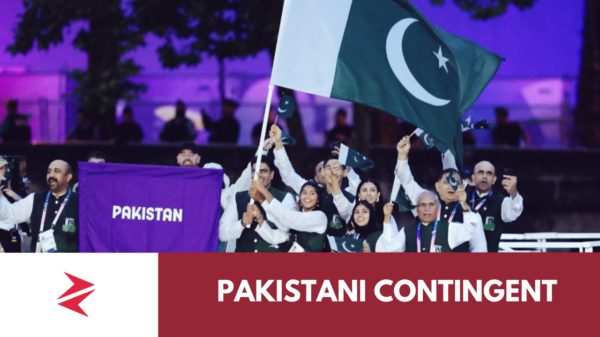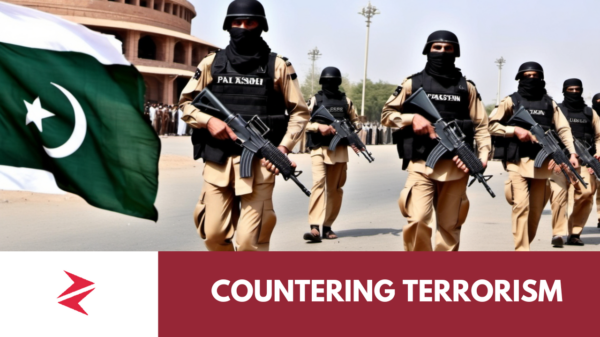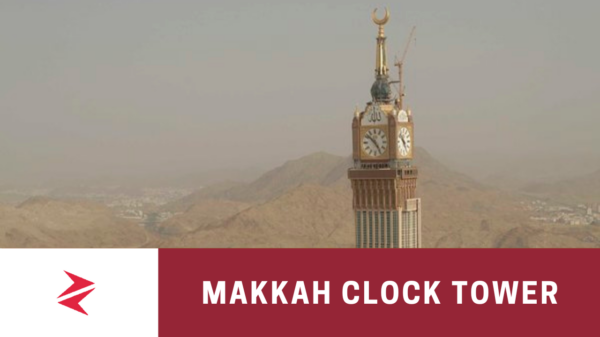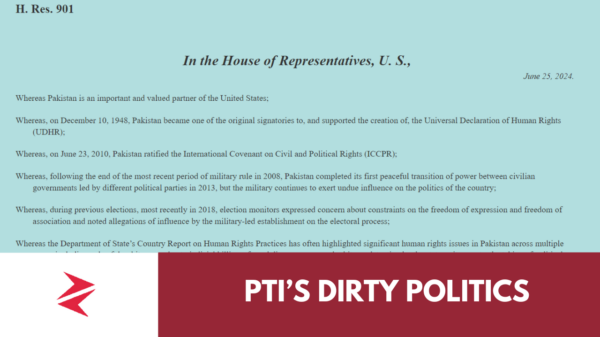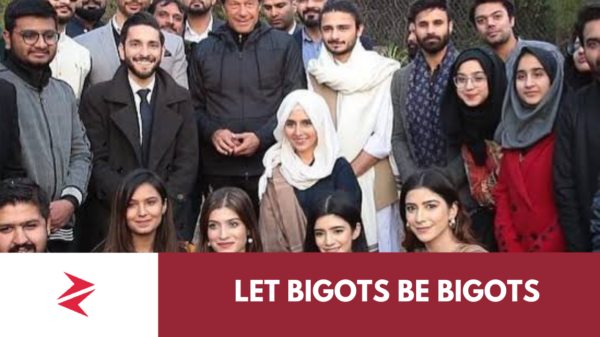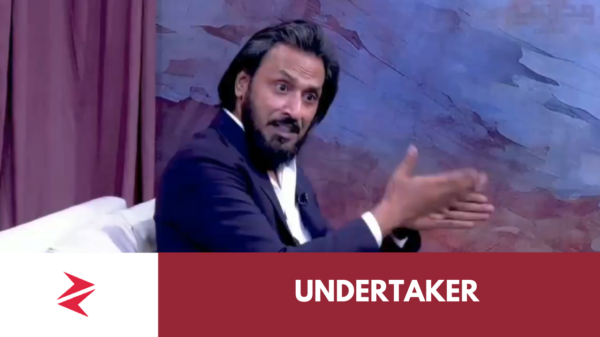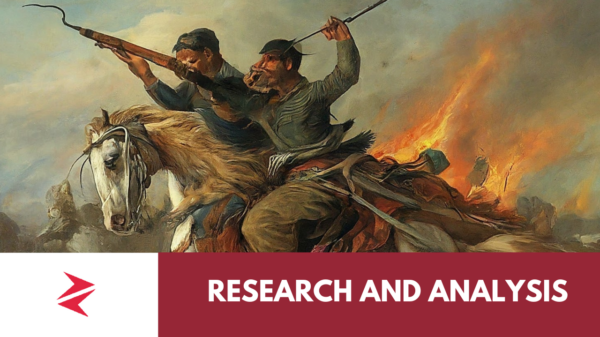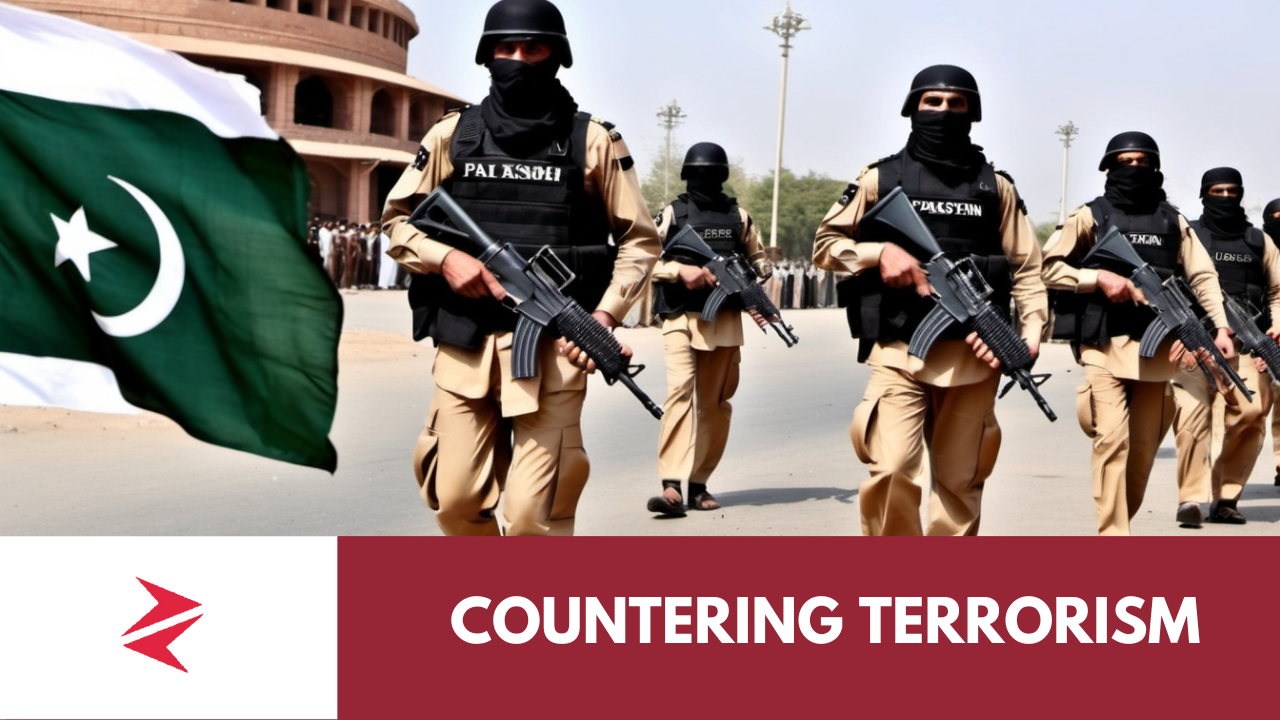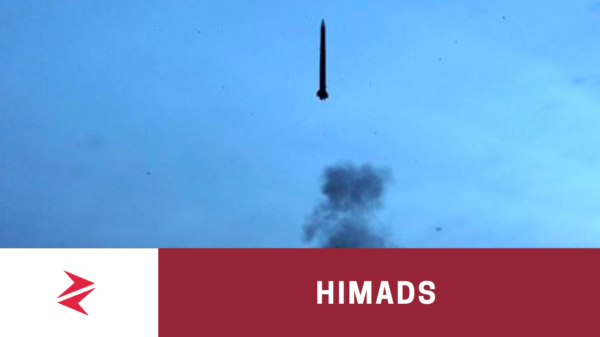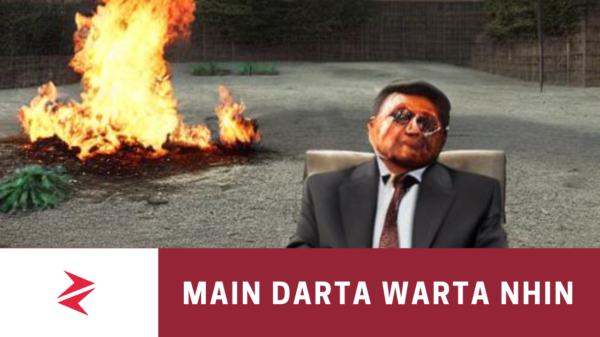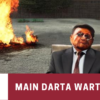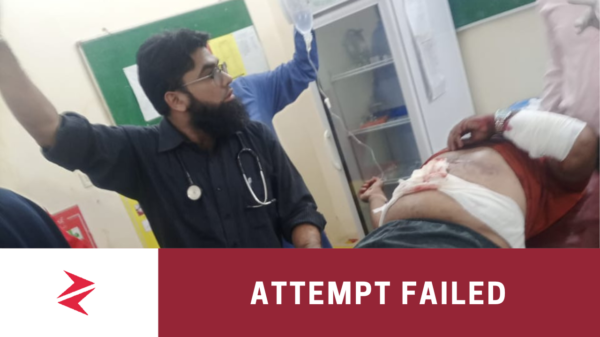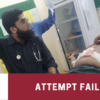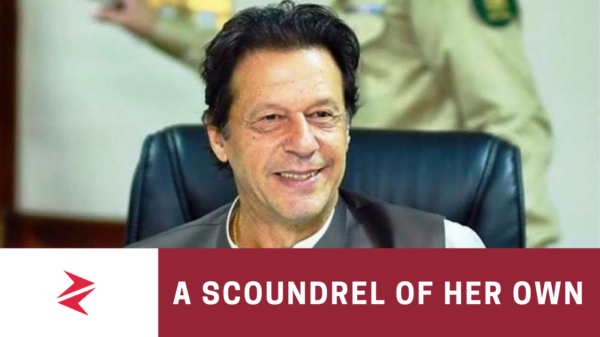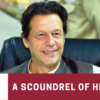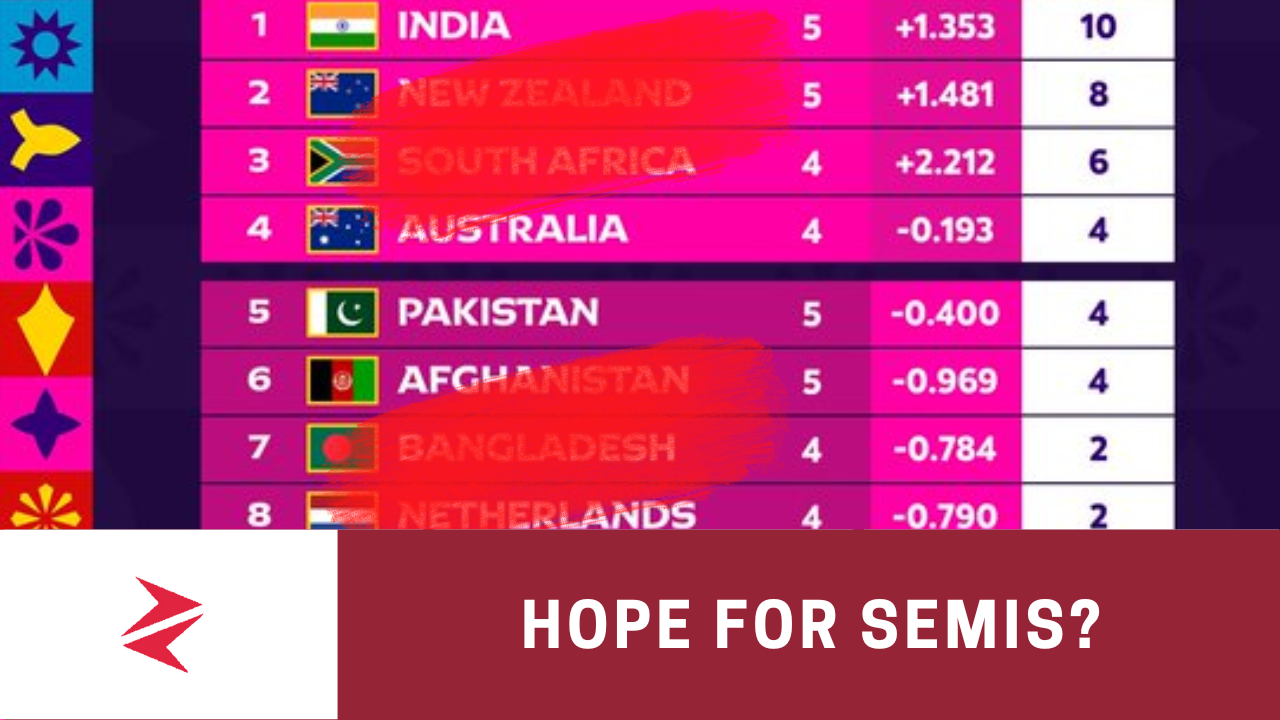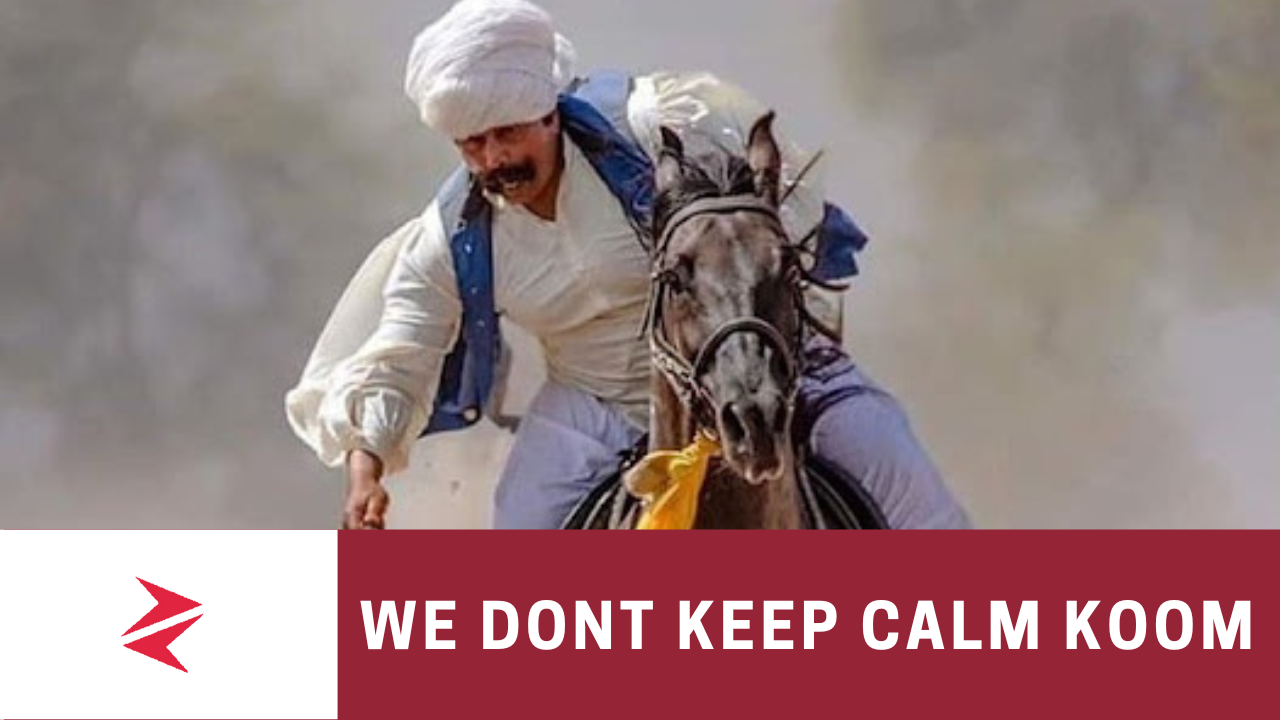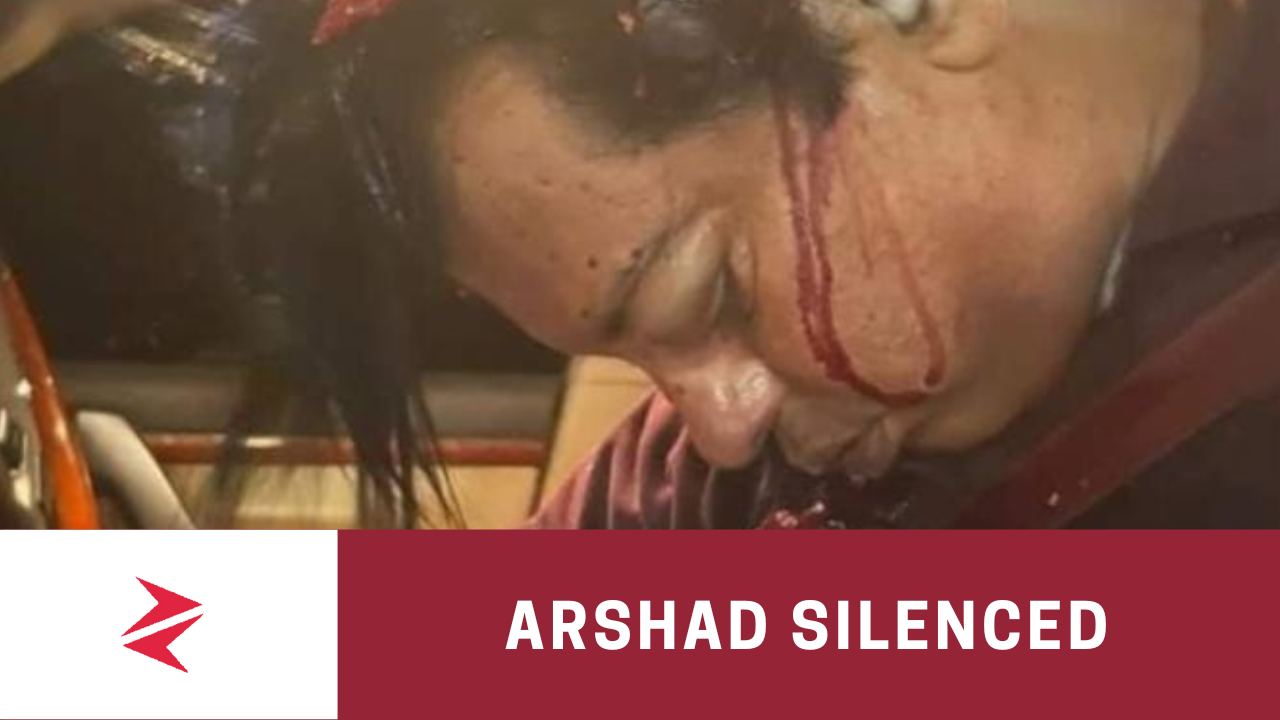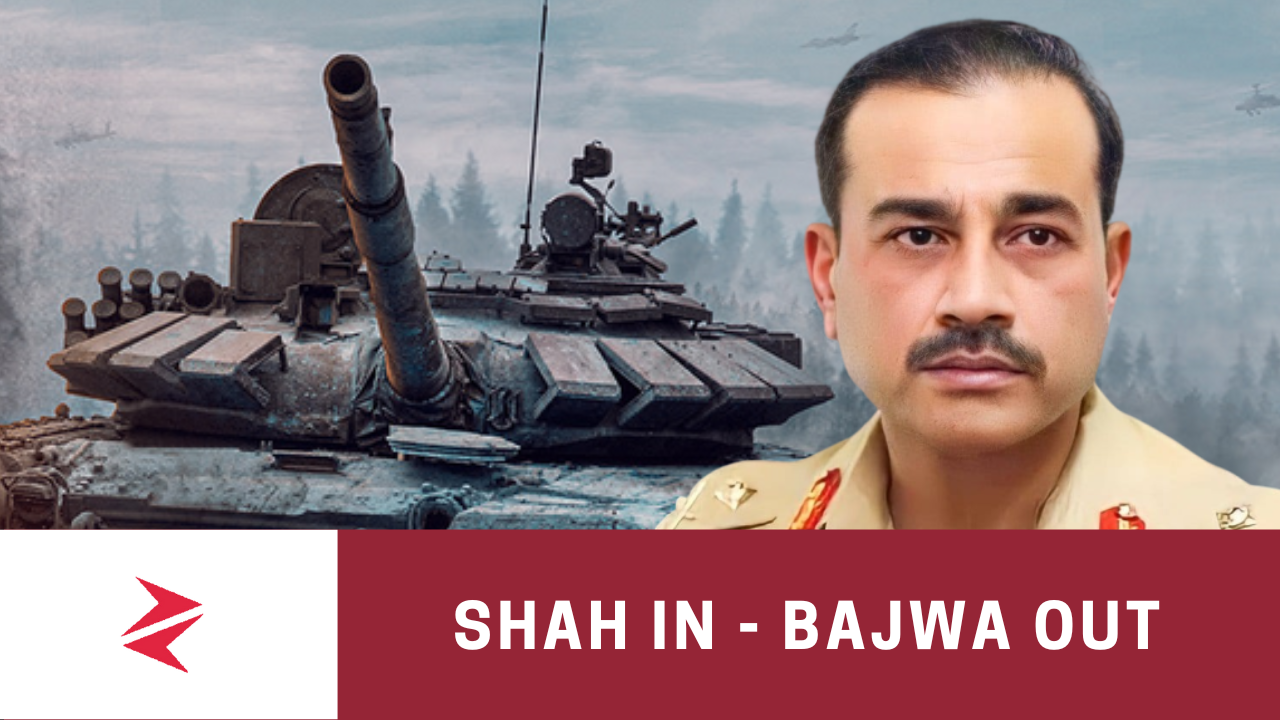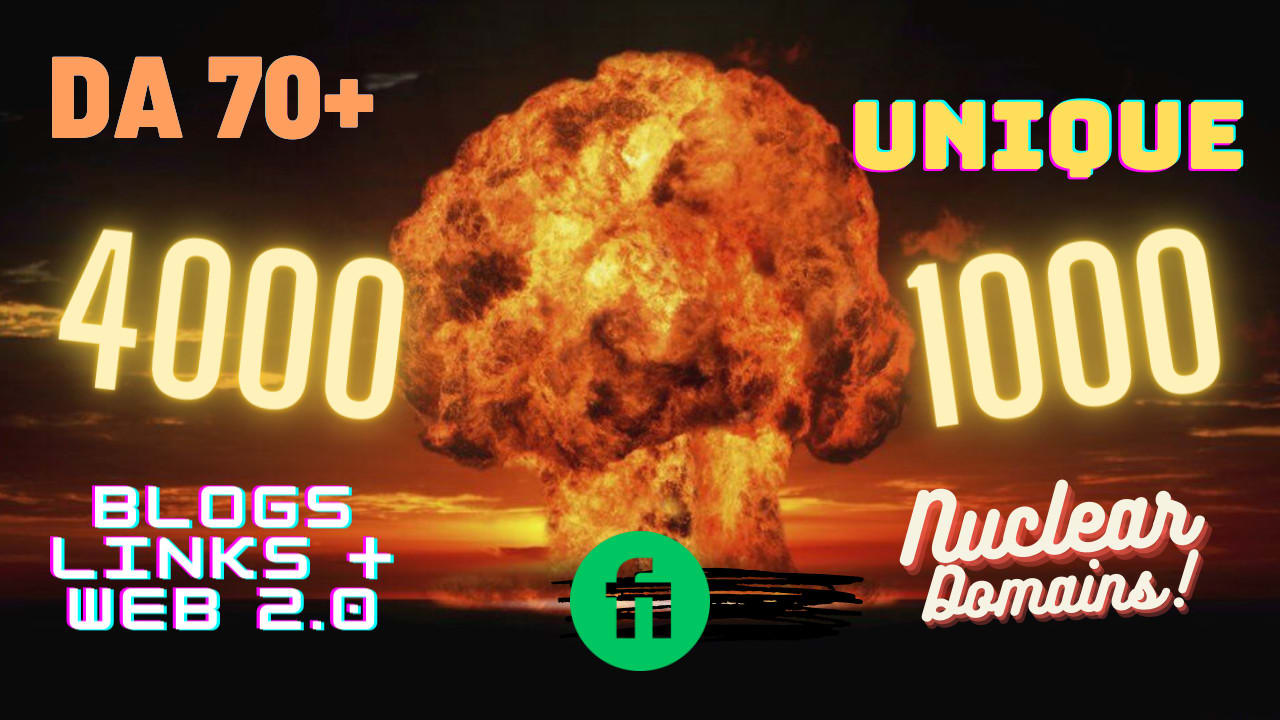Asghar Khan, is a Pakistani veteran aviation historian, peace activist, and retired military figure— a three star rank air marshal— who served as the first native Chief of Air Staff of the Pakistan Air Force (PAF) from 1957 until resigning in 1965 prior to the start of the air operations of the PAF during the Indo-Pakistani War of 1965.
Poverty
Impoverished individuals often become prime targets for terrorist recruitment. Poverty fosters resentment towards the wealthy and exacerbates class divisions, which terrorists exploit to their advantage. They offer recruits promises of providing for their families, making terrorism seem like a lucrative opportunity to improve their lives. Ultimately, it’s the hope for a better future that motivates many to persevere. It’s akin to trying to fix a broken CD player: despite multiple attempts and efforts to repair it, the desire to hear a beautiful melody through the headphones keeps one going, believing that their time and sacrifices will not be in vain.
Illiteracy
Illiteracy has significantly contributed to the escalation of terrorism in Pakistan. While the youth literacy rate in the country may appear high, the definition of literacy is often narrow, merely encompassing the ability to read and write a few lines about daily life. This limited definition fails to capture the essence of true literacy, which involves a comprehensive understanding of various issues. Properly educated individuals are less susceptible to being swayed from the right path by terrorists’ influence.
Backwardness
You May Also Like
Opinions
In conclusion, the recent acquisitions and upgrades in Pakistan’s air defence capabilities represent a substantial leap forward in the country’s ability to safeguard its...
Politics
Democracy is the Best Revenge According to an interview with General Shahid Aziz in Jan 2013, who held high-profile positions during Musharraf’s regime, on...
Opinions
My sweet Pakistan my heart bleeds. I was never wrong when I said Khan is playing with foreign agenda. Indeed a Frankenstein monster has...
Cricket
According to the Pakistan Bureau of Statistics, a 35.39 $B trade dollar deficit has already been registered in three months. For the last quarter,...


